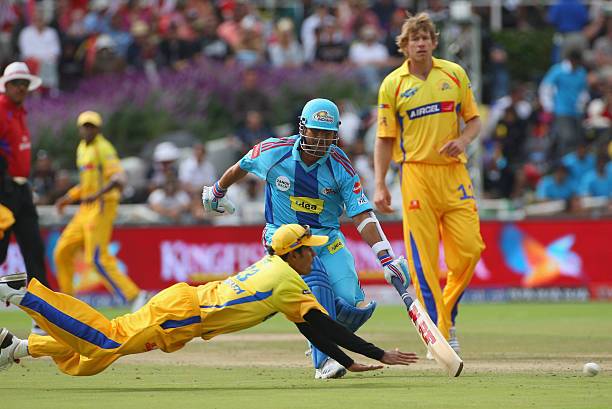The Impact of IPL on Cricketing Leadership Development Programs
Reddy Anna Club, Online Cricket ID: Leadership development in cricket is heavily influenced by a player’s ability to lead by example on and off the field. One key factor is the player’s performance and consistency in critical moments of the game. A captain who demonstrates composure and skill under pressure often earns the respect and trust of their teammates, which is essential in effective leadership.
Another crucial factor in leadership development is a player’s communication skills. An effective leader in cricket needs to be able to articulate strategies clearly, motivate teammates, and handle conflict resolution within the team. Strong communication not only fosters a sense of unity and direction among players but also ensures that everyone is on the same page when it comes to executing game plans.
• Communication skills play a vital role in leadership development
• Ability to articulate strategies clearly is crucial for effective leadership
• Motivating teammates and handling conflict resolution are important aspects of communication in cricket leadership
Historical Evolution of Leadership in Cricket
Leadership in cricket has undergone a significant evolution over the years, reflecting changes in the game’s dynamics and demands. In the early days of cricket, leadership was often determined by seniority and experience. Captains were expected to lead by example and make decisions based on their cricketing knowledge and instincts.
As the sport progressed, leadership in cricket became more strategic and analytical. Captains started to focus on tactics, team composition, and mental strength in addition to individual skill. The role of a captain extended beyond the field, encompassing off-field responsibilities such as team management and media interactions. This shift in leadership style brought a new dimension to the game, emphasizing the importance of effective communication, adaptability, and innovation.
Role of IPL in Redefining Leadership in Cricket
The Indian Premier League (IPL) has emerged as a game-changer in the world of cricket, not just in terms of the game itself, but also in redefining leadership qualities among players. The high-pressure and fast-paced nature of the IPL matches require captains to make quick decisions and adapt to ever-changing situations on the field, thereby honing their skills as leaders.
Furthermore, the IPL provides a unique platform for players from different countries to come together and play as a team, fostering a sense of camaraderie and sportsmanship. This melting pot of talents allows captains to learn how to lead diverse groups of individuals, each with their own strengths and weaknesses, thereby sharpening their leadership abilities.
What are some key factors influencing leadership development in cricket?
Some key factors influencing leadership development in cricket include communication skills, strategic thinking, adaptability, and the ability to inspire and motivate a team.
How has leadership evolved historically in the sport of cricket?
Historically, leadership in cricket has evolved from being dominated by authoritative captains to more collaborative and empowering leadership styles. Captains are now expected to be strategic thinkers and team players.
How has the IPL redefined leadership in cricket?
The IPL has redefined leadership in cricket by providing a platform for captains to showcase their skills in a high-pressure, competitive environment. Captains have to make quick decisions, adapt to changing game situations, and lead diverse teams to success.







